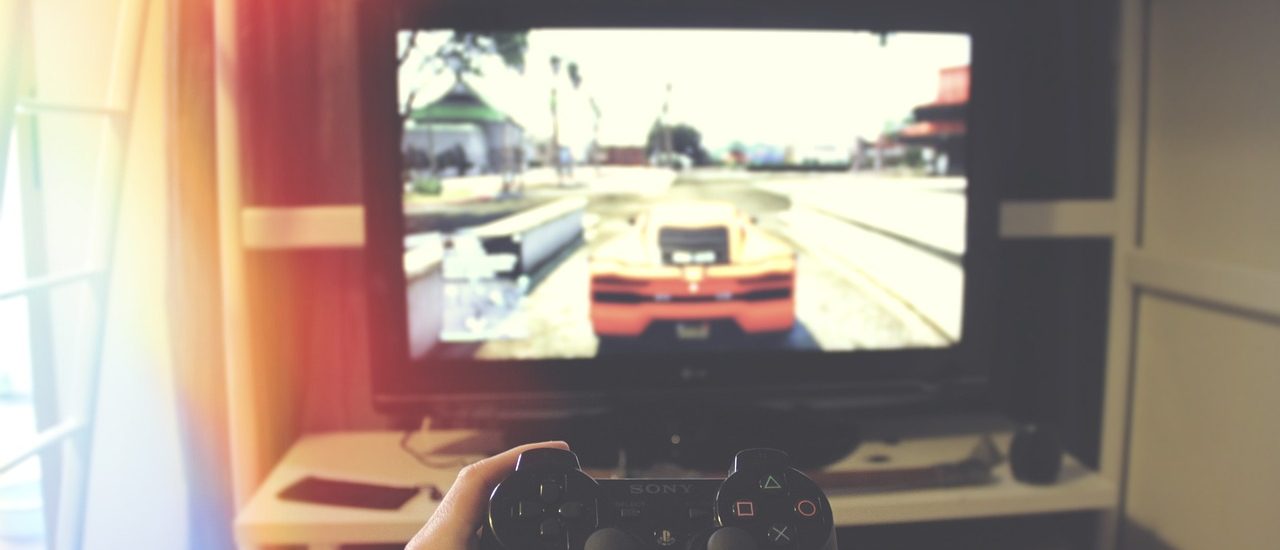Video games have become a part of modern life, offering entertainment and social interaction for players of all ages. However, for some, gaming can evolve into an excessive, compulsive habit. When gaming begins to negatively impact daily life, relationships, and mental health, it may indicate the need for professional intervention and treatment. For parents, gamers, and therapists, recognising and addressing gaming addiction is a critical step towards regaining balance and wellbeing.
Recognising the Impact of Gaming Addiction
Prolonged gaming can lead to a variety of adverse effects on physical health, mental stability, and personal relationships. Studies show that individuals with gaming addiction may experience issues such as disrupted sleep, increased irritability, anxiety, and social withdrawal. This compulsive behaviour often comes at the expense of responsibilities like education, work, and relationships, causing long-term consequences in these areas of life.
For parents, recognising the signs in their children is vital. Indicators may include neglecting schoolwork, losing interest in hobbies, or avoiding social interactions. Similarly, adult gamers may notice they are missing work deadlines or withdrawing from family and friends to spend more time gaming. These impacts extend beyond the individual, often putting stress on family dynamics and relationships.
Why Treatment is Essential
Gaming addiction treatment has been recognised as a genuine mental health concern, with the World Health Organisation identifying “Gaming Disorder” as a condition in the International Classification of Diseases. This acknowledgment highlights the importance of seeking effective treatment tailored to the needs of those struggling with this issue.
Left untreated, gaming addiction can intensify over time, leading to more significant mental health concerns such as depression, chronic anxiety, and even substance abuse in some cases. Professional support is crucial in helping individuals develop healthier habits, regain control over their time, and rebuild their mental resilience.
Treatment Options for Gaming Addiction
Effective treatment approaches for gaming addiction often vary based on the severity of the addiction and the individual’s unique circumstances. Professional therapy is a widely recommended option, with cognitive-behavioural therapy (CBT) being one of the most effective techniques. CBT helps individuals identify unhealthy behaviour patterns associated with gaming and equips them with strategies to replace them with healthier alternatives.
For younger individuals, family-based interventions and parental guidance can provide much-needed structure and support throughout recovery. Parents are often encouraged to set boundaries around gaming time and foster engagement in non-digital hobbies or outdoor activities.
Group therapy sessions and support groups tailored to those experiencing gaming addiction can also foster a sense of understanding and accountability. The shared experiences of peers can encourage individuals to stay motivated and focus on recovery.
For severe cases where gaming addiction has compromised education or professional responsibilities, rehabilitation programmes can provide structured support to guide individuals back to a balanced lifestyle.
Preventing Relapse and Building New Habits
The recovery process does not end with initial treatment. Long-term success depends on incorporating sustainable habits and coping mechanisms into everyday life. Individuals must learn to strike a healthy balance between gaming and other aspects of life, such as work, education, friendships, and physical activity.
Education and awareness play a vital role in relapse prevention. Parents, therapists, and gamers themselves need to stay informed about the warning signs of excessive gaming and take proactive measures to address it before it escalates.
Breaking the Cycle
Gaming addiction is a serious concern with far-reaching implications, but it is not insurmountable. With the right support, those affected can regain control over their lives and establish healthier, more fulfilling routines. Whether you’re a parent witnessing the effects of gaming on your child, a gamer struggling to find balance, or a therapist looking to expand your approach, treatment options are available to address this growing issue.
Taking that first step towards seeking help can lead to profound improvements in mental and emotional wellbeing. With professional intervention, the cycle of gaming addiction can be broken, and a brighter, healthier future is well within reach.


